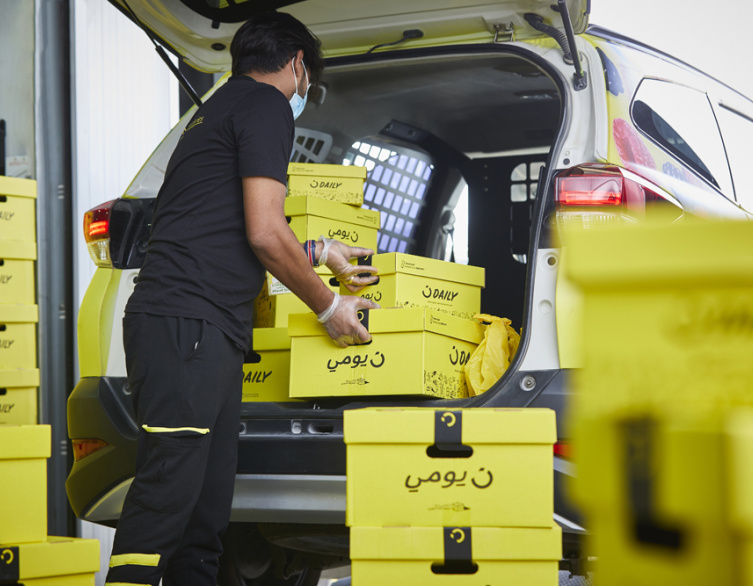The upcoming Islamic holy month of Ramadan is typically a boom period for retailers, but this year, global supply chain disruptions threaten to dampen the festive spirit. These challenges, lingering from previous years, are squeezing retail businesses as they scramble to meet the surge in demand for Ramadan essentials.
Traditionally, Ramadan brings a shift in consumer habits. Families stock up on food items like dates, lentils, and cooking oils in preparation for pre-dawn meals (Suhoor) and evening feasts (Iftar). This year, however, there are concerns about product availability and potential price hikes due to the ongoing logistical gridlock.
Experts point to several factors contributing to the predicament. Transportation delays at ports and a shortage of shipping containers continue to plague international trade. The ripple effect disrupts the flow of goods, making it difficult for retailers to secure stock precisely when they need it most.
Adding to the complexity is the evolving consumer preference for late-night deliveries during Ramadan. While this caters to the specific requirements of the holy month, it stretches the capacity of delivery services already grappling with resource constraints.
Aramex, a major logistics company in the Middle East, is feeling the pinch. Tarek Abi Yaghi, a company representative, highlights the importance of meticulous planning and forecasting to navigate the unique challenges of Ramadan. He emphasizes that some businesses struggle due to overpromising on deliveries, often a result of underestimating the complexities of managing high volumes during the festive period.
There are, however, opportunities amidst the obstacles. Retailers with robust forecasting models and established relationships with suppliers are better positioned to weather the storm. Additionally, the growing acceptance of late-night deliveries presents a chance to optimize logistics around these preferences.
Consumers, too, can play a role in mitigating the impact of supply chain disruptions. Early planning and a willingness to be flexible with specific brands or products can help ensure a smooth Ramadan shopping experience.
While the global supply chain struggles persist, innovative solutions and a spirit of adaptation are crucial for retailers and consumers alike to navigate the upcoming Ramadan retail season.

